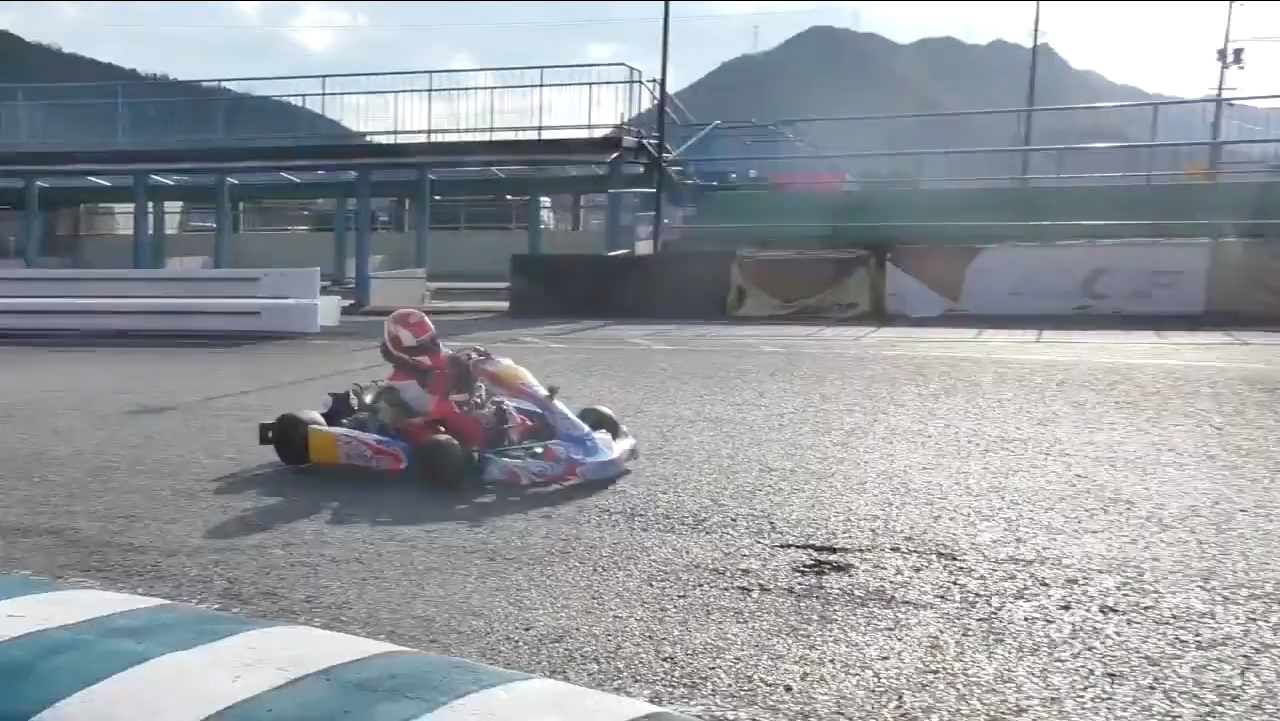

Juju Noda, 11, is perfectly set up to become a winning F1 driver. She’s the youngest contracted and sponsored racing driver in Japan, and also, one of her parents has some serious history in Formula One, Indycar, A1GP, and endurance racing. Not only that, she’s almost a second faster around Okayama International Circuit than anyone in Formula 4 Japan’s under-17 bracket, and if that’s not enough, she has been driving a kart since the age of three and decimating her competition there. Some even call her a prodigy.
Her father, Hideki Noda, who runs his own racing school, Noda Racing Academy, has been aiding her advancement for her whole life, and has great faith in his own daughter. She has, “so much raw, natural talent […] much more than I ever did,” he said, according to Cetus News.
Though 11 is a young age to be making grand predictions about a person’s life, nothing so far indicates that the 11-year-old is any less skilled than her father believes her to be. Her father and sponsors are so confident in her abilities that they are working to move her up to Formula 3 cars by the end of 2017, even though she is still too young to compete in any sanctioned open-wheel racing series. The seat time should nonetheless prove valuable, and show how she adapts to increasingly fast, physically taxing cars.
“I want to win in Formula 1, and be the first girl to do it,” said Juju, mirroring the motivation found in all top-tier racing drivers.
For one reason or another, there have been few women involved in Formula One in its history. Recent and current important women include Claire Williams, the sharp-minded heir to Sir Frank Williams’ historic team, Ruth Buscombe, the genius strategist responsible for Haas’ first points and the triumph of Sauber over Manor last season, Maria de Villota, the former test driver for Marussia F1, and Carmen Jorda, the controversial former simulator driver for Lotus.
If Juju Noda were to succeed at her lofty goal of winning races in F1, she would become the first woman since Lella Lombardi finished sixth in the 1975 Spanish Grand Prix to take home points in Formula One. While the overall tone may be optimistic for Noda’s future success in motorsport, the ladder to Formula One is brutal, with even some of the better talents washing out due to injury or lack of funds. As she ages, and ascends into Formula 3 or beyond, Noda’s driving will speak for whether or not she deserves a shot at intermediate F2, and later, Formula One.
We can only wait with bated breath.